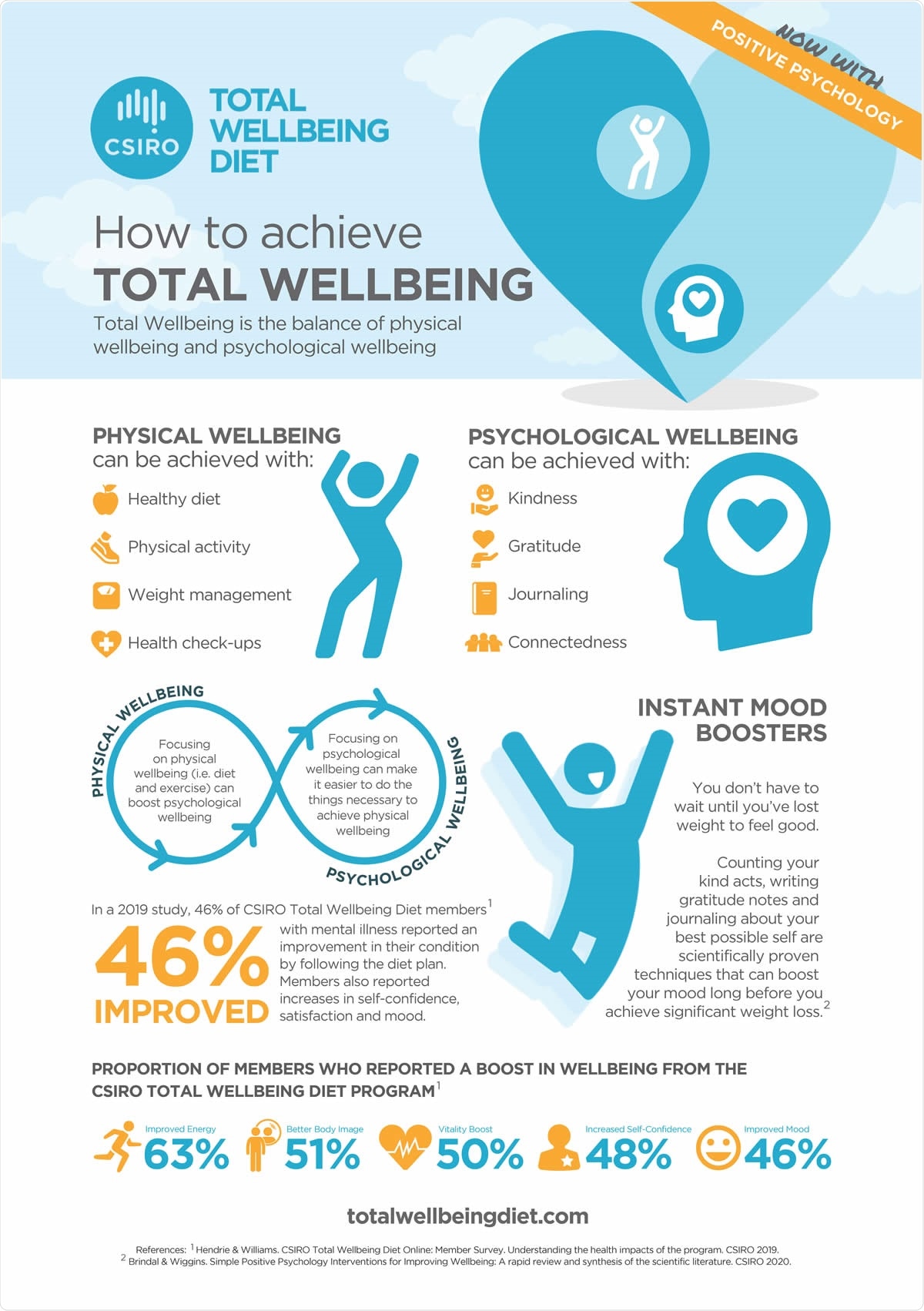The CSIRO, Australia's federal government agency responsible for scientific research, has come up with a study looking at the emotional well being and weight loss or gain associated with the COVID-19 pandemic and the forced stay-at-home measures.

What was the study about?
The COVID-19 pandemic caused by the novel coronavirus SARS CoV-2 has affected over 8.15 million individuals across the world, killing over 441,000. Due to the highly infectious nature of this virus, it is transmitted easily between individuals. To break the chain of transmission, for the past few months, people have been forced to distance physically. This meant not venturing out of their homes, working from home, avoiding crowds, and crowded places such as parks, cinemas, restaurants, malls, etc. Financial security for many individuals has also taken a severe blow as has lifestyle habits. Physical exercise levels have gone down, and weight gain during this period of homestay is on the rise.
The behavioral science team within CSIRO's Nutrition and Health Program studied the changes in the "wellbeing, eating and physical activity" as perceived by the participants and also looked for psychological predictors among the responses. The team wanted to assess the attitudes of the participants towards the pandemic, concerns regarding key areas of life, changes in their behavior, lifestyle, emotional well being, and body weight due to the pandemic.

What was done?
The results of this study were based on the survey developed by the CSIRO behavioral science team. A total of 280,000 participants were included in the survey. They were subscribers of the Total Wellbeing Diet database. The survey was around 10 to 15 minutes long for each participant. Certain open-ended questions were used to assess the key themes that were common among the responders.
Results
Of all the subscribers of the database, 4,313 people started the survey, and 3,745 completed the survey. Those that attempted all questions were included in the analysis. Results showed respondents as 85.7 percent female, and 79.4 percent were born in Australia. The average age of the responders was 56.4 years, and 59.2 percent were married, while 65.4 percent had no children living at home with them. They noted that 56.8 percent had obtained a university degree, and 13.1 percent worked in the healthcare sector and 14.4 percent in academics.
Some of the highlights from the results of this survey include –
- 90.9 percent said that they were socially distancing
- 2.5 percent said that they were taking no precautions to prevent the COVID-19 infection
- Source of information was commonly from the news (71.8 percent), health department web pages (65.1 percent), among others.
- 29.1 percent felt that the pandemic situation in Australia was "extremely serious." 89.2 percent felt that the condition was "extremely serious" outside of Australia.
- 56.1 percent were working, and of these, 63.9 percent were working full time.
- 63.3 percent were working from home. Working hours remained the same as before for 52.6 percent and increased by 26.7 percent
Concerns
Some of the concerns that participants in the study expressed included "infecting a friend (32.1% of respondents), economic recession (39.9%), and how long it will take for things to go back to normal (36.1%)," wrote the researchers. 55.7 percent of respondents indicated fear of infecting their parents and them getting severely ill.
Among the participants, 90 percent felt that the pandemic most hit exercise and social gatherings. Smaller impact areas cited were "stress levels, sleep, and body weight." Three in four felt that social connections were affected, and half of them felt the physical activity was affected by the pandemic situation. Worsening of mental well being was self-reported by 41 percent of the individuals, and 36 percent report that their dietary habits had worsened.
Lifestyle behavior changes
Over half of the respondents said that they had less takeaway food now, and there was a 45 percent rise in home-cooked food consumption. Around forth percent reported gaining weight during the pandemic period, and 58.4 percent thought about going on a diet.
Junk food and snack consumption rose in 61.4 percent and 63.7 percent, respectively, among respondents who had reported weight gain. Among the 729 participants that said they had lost weight, there was a 74.8 percent and 60 percent report of reduction in junk food and snack consumption, respectively, and 56.7 percent and 41.1 percent said they ate more vegetables and fruits, respectively.
Life satisfaction
Adverse changes in life satisfaction were seen in 57.7 percent. The team wrote, "Extraverts had the greatest average decrease in their wellbeing." Wellbeing also fell among emotional eaters.
Conclusions and implications
Researcher Dr. Emily Brindal said that this study reflects what Australians, in general, are feeling. She said, "Our analysis found that the COVID-19 outbreak has negatively impacted respondents' health and wellbeing. According to our research, there are clearly concerns around social connectedness, with 90 percent of respondents feeling that there has been a negative impact on their ability to socialize and celebrate special events." She added, "Increased concern about finances and the certainty of the future also featured strongly, as restrictions ease and respondents adjust to a new normal."
Dr. Brindal explained, "Almost 60 percent of respondents reported a negative shift in their overall satisfaction with life. This number was noticeably higher for those who were identified as highly extroverted, with this group seeing a significant impact from the lack of social interaction. Those identified as highly emotional eaters also reported higher decreases in their average wellbeing levels than others."
In order to combat this fall in general well being, the CSIRO Total Wellbeing Diet has launched an online wellness program with positive psychology tools that could help maintain emotional wellbeing and mood. Brindal said, "Lockdown has proven to be a time of both challenge and opportunity for Australians, with this 'global pause' allowing us to reset and rebuild as we look towards the future. The new wellbeing enhancement to the CSIRO Total Wellbeing Diet online lifestyle program will help Australians seeking reliable and trusted frameworks and support to help them improve their health and wellbeing during the current climate, and beyond."
Source:
Journal reference: